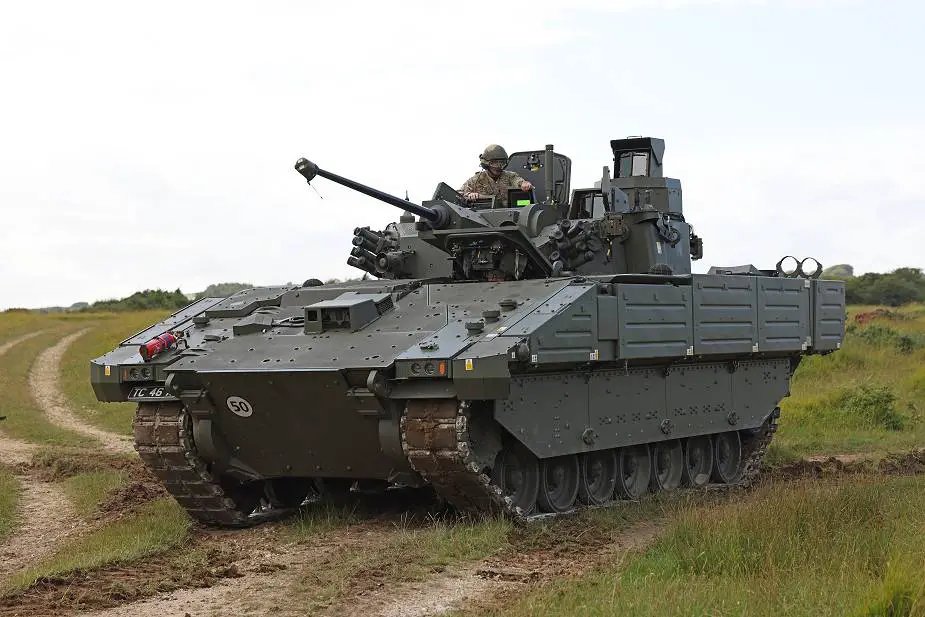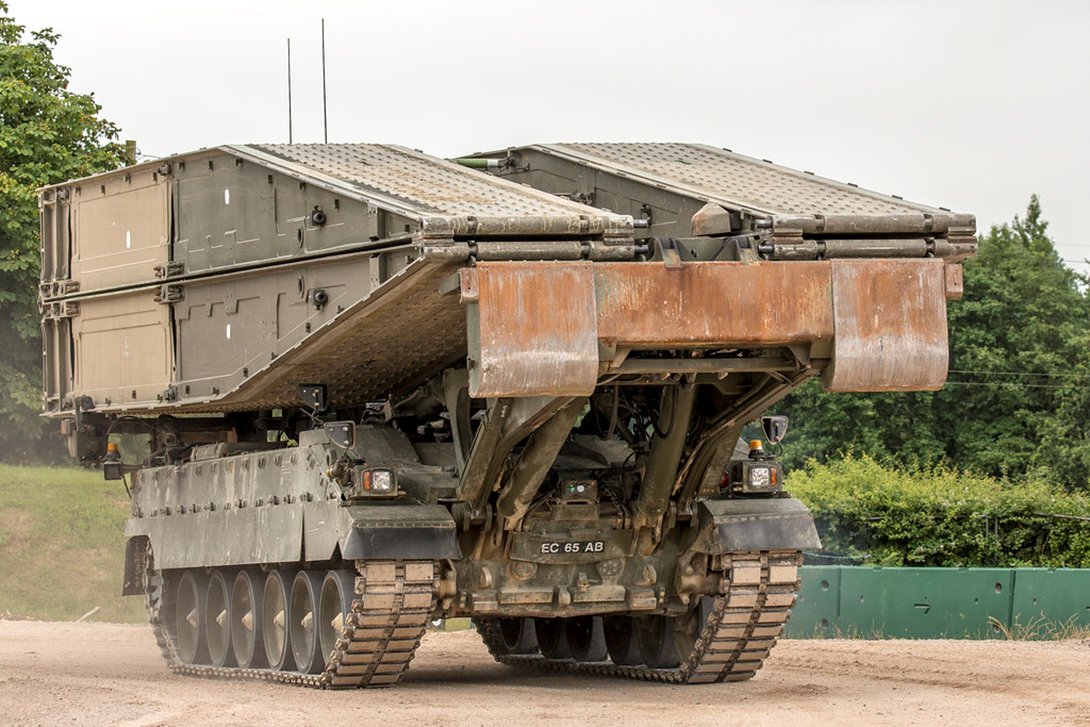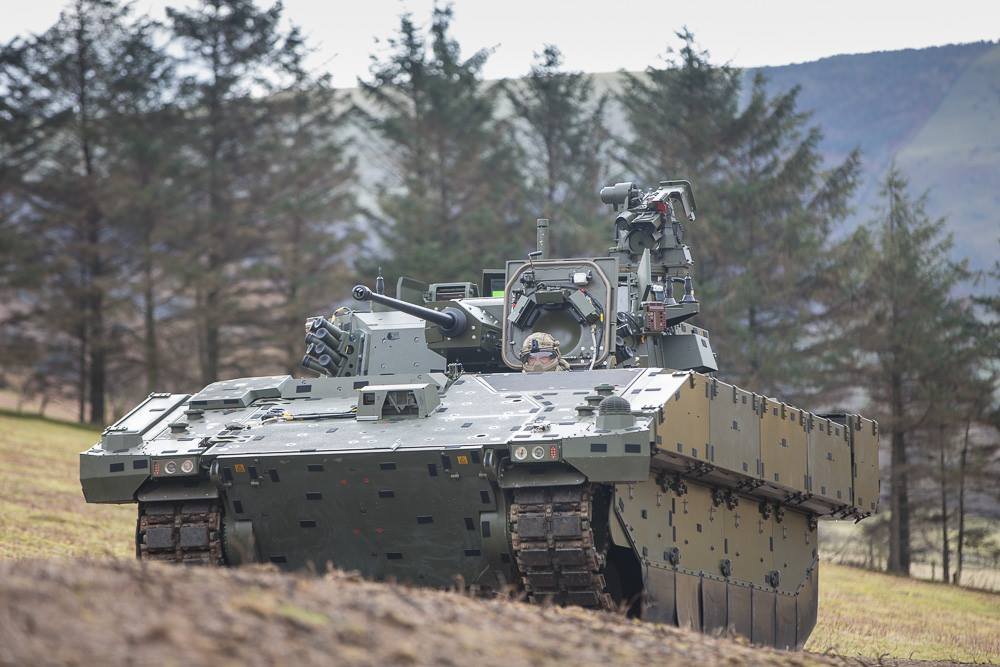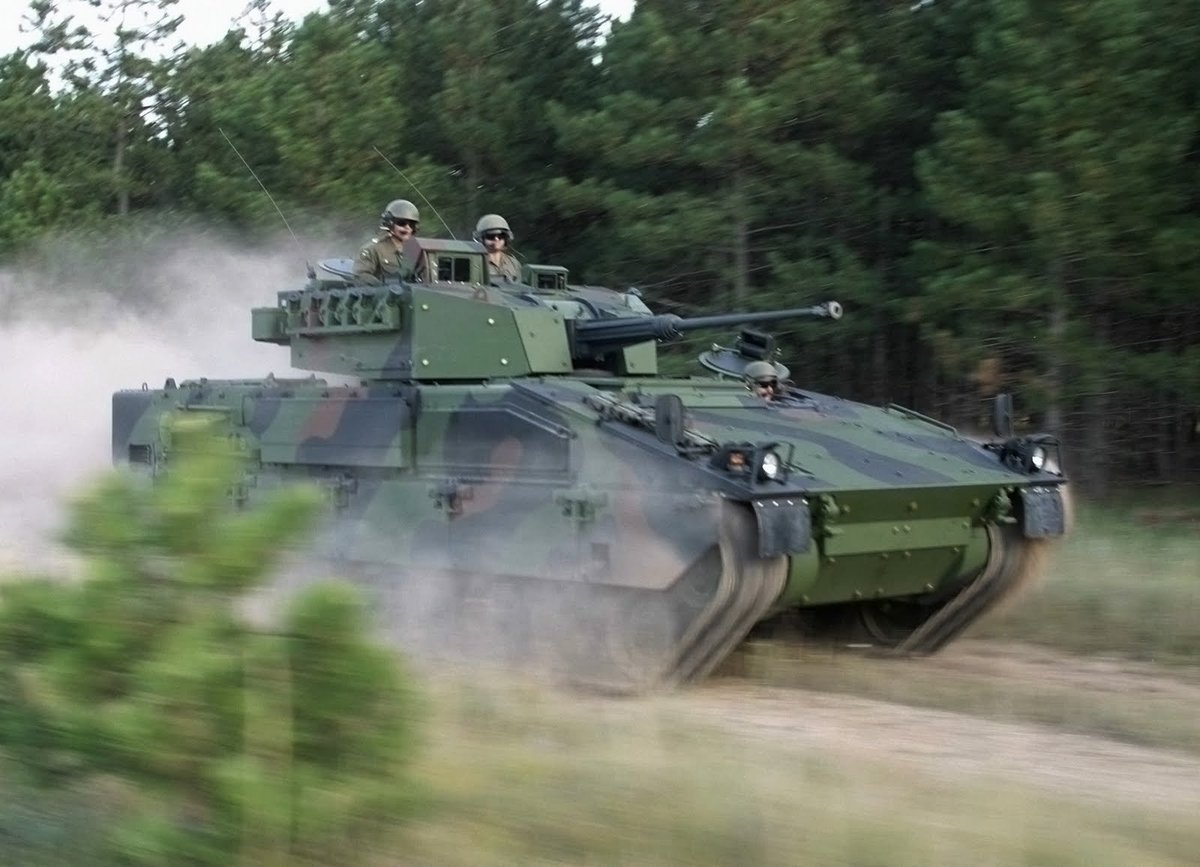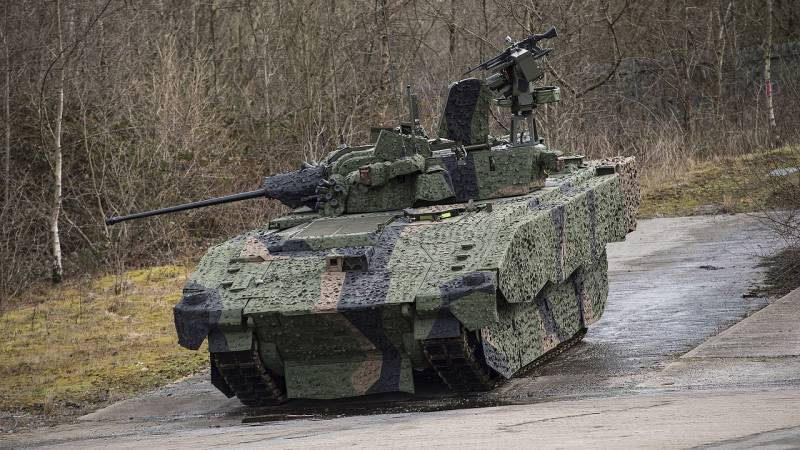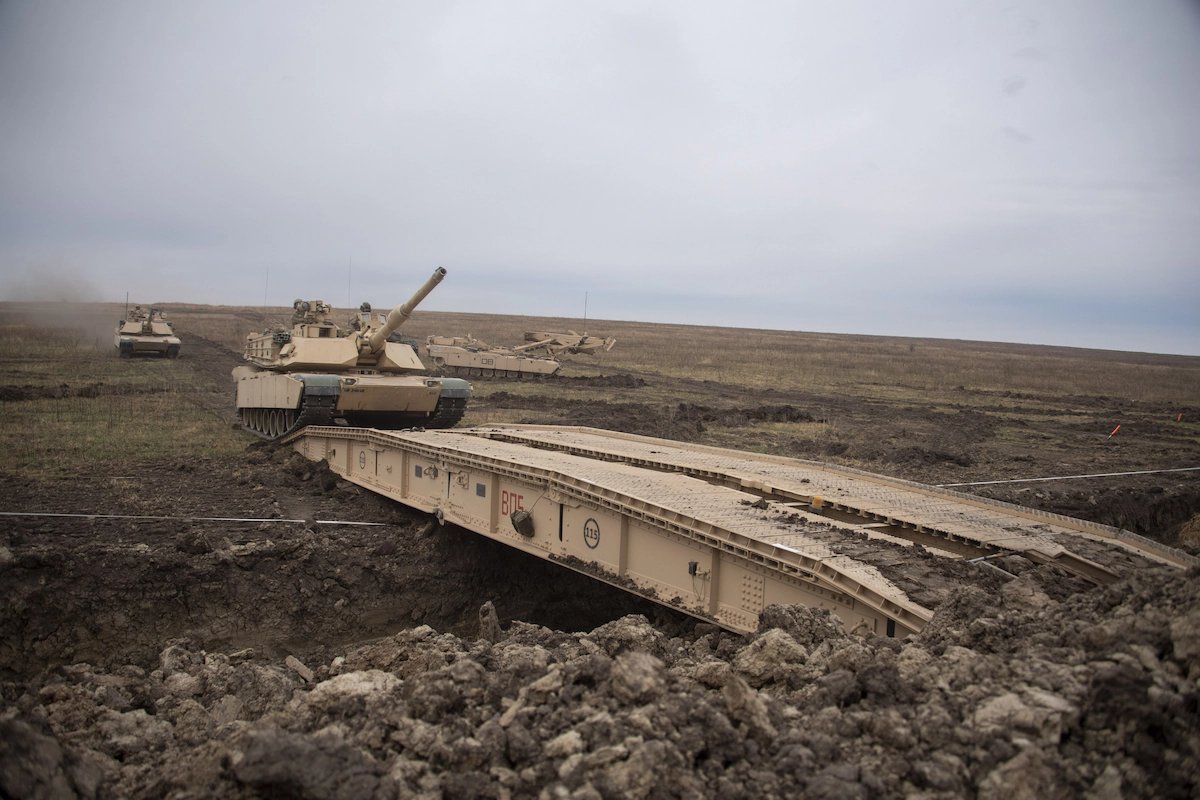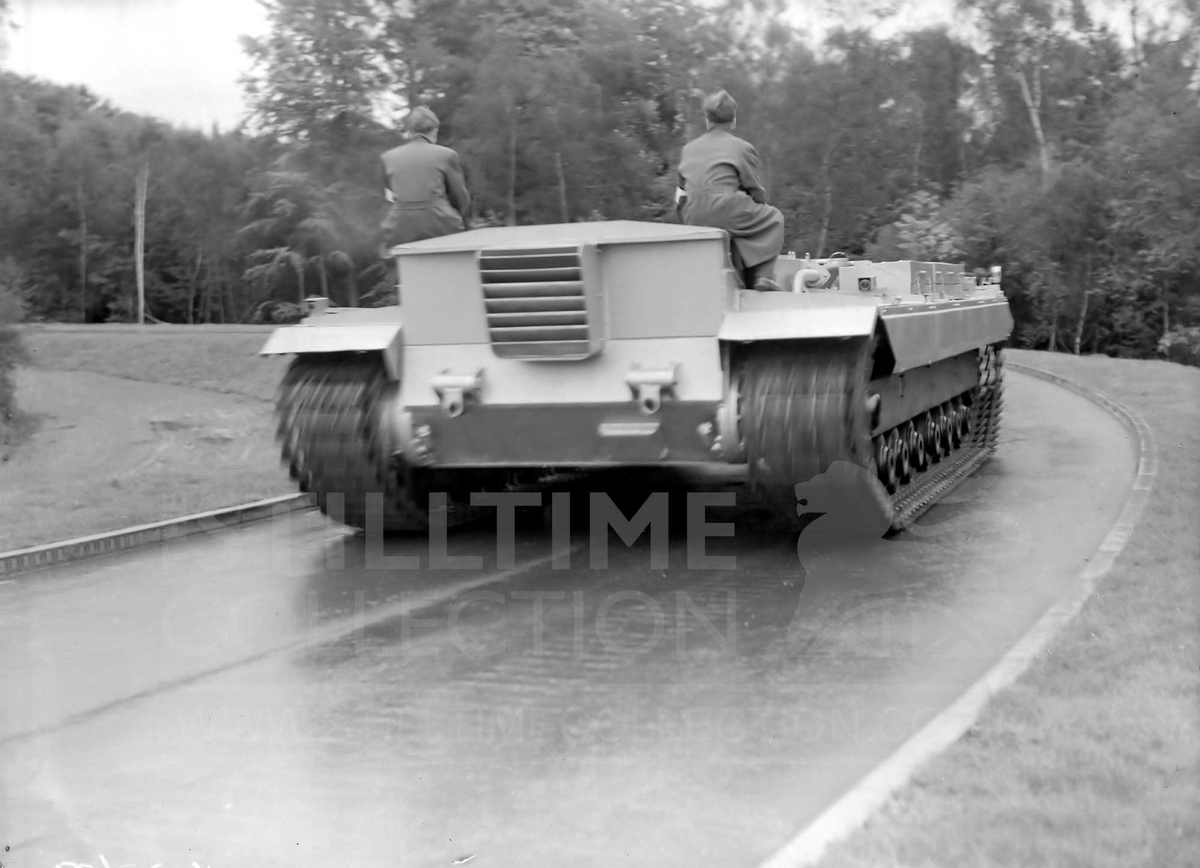(1/n) A short thread on the latest K9 offering, which is a nice example of what a high end tracked howitzer can look like.
#artillerytwitter #K9 #MFP
#artillerytwitter #K9 #MFP

(2/n) A pocket history. There are 11 main variants of K9 (not all shown on this image) which started with the 🇰🇷 K9 in 1999, and follow two broad lineages. The more advanced examples that are being marketed follow the line of 🇰🇷 K9A1, 🇳🇴 VIDAR, 🇦🇺 AS21 and now the K9A2. 
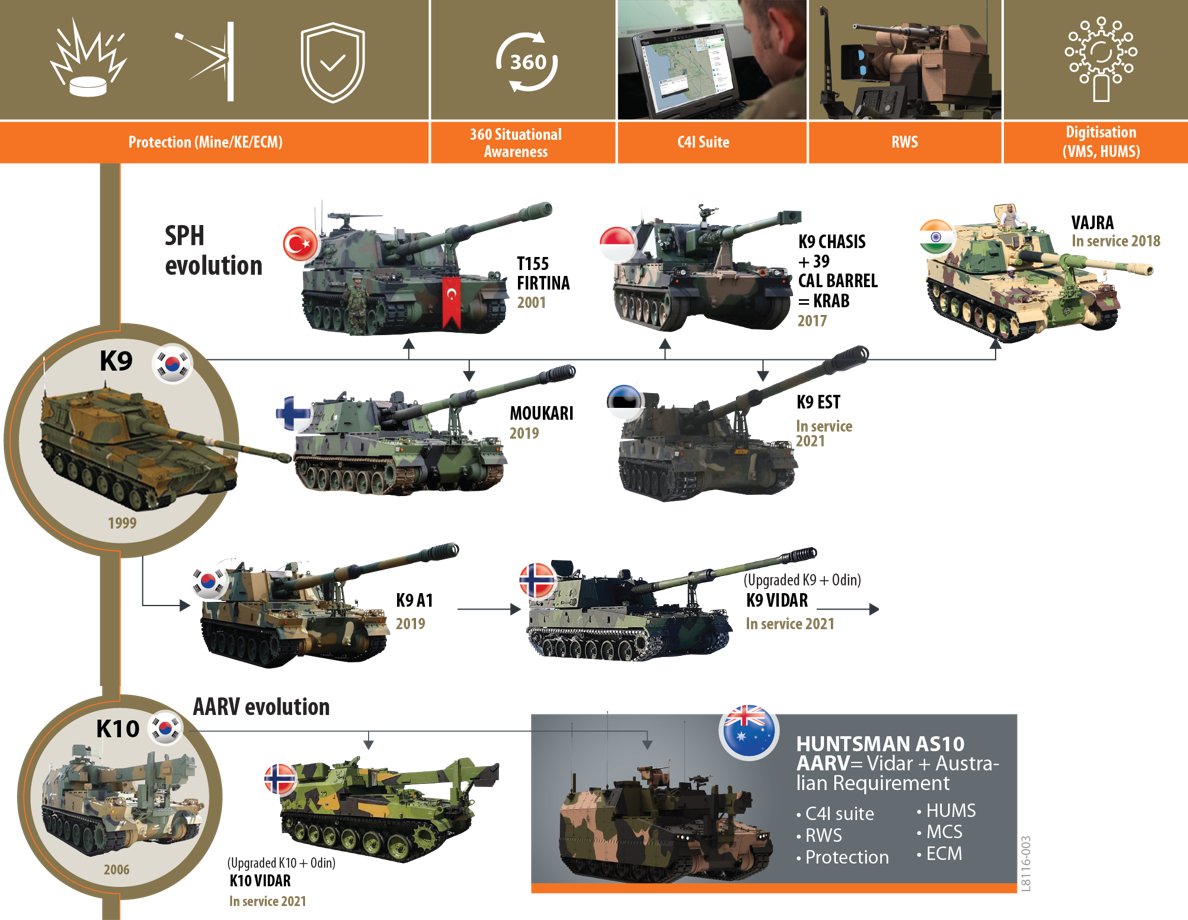
(3/n) 🇪🇬 K9A1 EGY also derives from baseline K9A1 but wasnt around when chart was made. The other lineage is also receiving upgrades and enhancements and the 2 lines are parallel rather than superior/inferior, the second lineage includes the 🇫🇮 Moukari, 🇪🇪 K9 EST, and 🇮🇳 Vajra. 



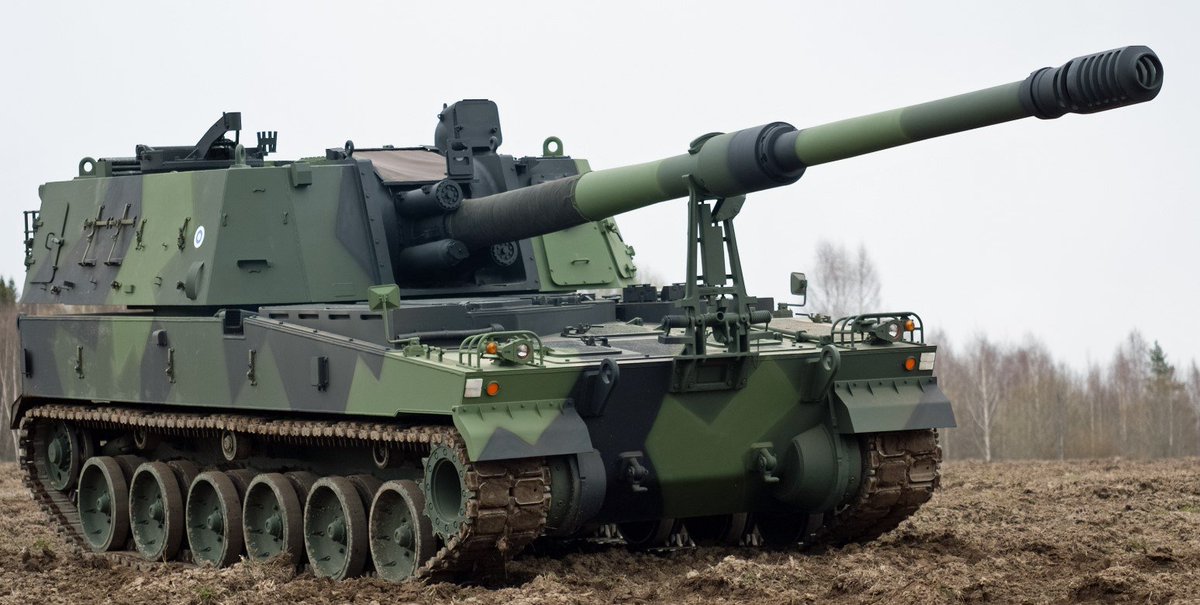



(4/n) AS21 is the 'latest and greatest' to have been purchased, with 🇦🇺 buying 30x AS9 plus 15x AS10 ammunition resupply vehicles, built locally. They have said they hope to add a second batch of 30+15 down the line. 





(5/n) On to the new stuff this thread is about. K9A2. Brings fully automated projectile & charge handling & loading derived from AS10 systems, dual automatic fuze setting, electric gun & turret drives, automatic breech, Composite Rubber Tracks and reduction in crew from 4 to 3. 

(6/n) This is the broad strokes of what has been offered to 🇬🇧 for Mobile Fires Platform (MFP) programme, and looks like a best in class design for a tracked howitzer. There are a few accompanying vehicles that round out the K9 package:
(7/n) K10 Ammunition Resupply Vehicle (ARV) is the ammo carrier (this pic is 🇦🇺 AS10). Holds 104 rounds + charges, crew of 3 & feeds rounds into K9 automatically via the loading boom @ 12rds/min. It does need someone to control mating of K10 to K9 but otherwise automatic process 

(8/n) KX10 is proposed successor to K10, an optionally manned ARV offering semi- or fully-autonomous resupply. Uses Follow the Leader to enable vehicle packets to transit battlefield, meet up with K9 for resupply & conduct that resupply fully under-armour (incl. automatic mating) 

(9/n) K10C2 is a battery command vehicle based on K10. Once you strip out K10 you have a huge space to play with - 8 standing work-stations plus associated C4 kit. Automotive and mobility match with K9/K(X)10. They also suggest you could have one with a counterbattery radar too. 

(10/n) K11 Fire Direction Control Vehicles (FDCV) is another C2 vehicle using K10, purchased by 🇪🇬 as the K11 EGY, but is less advanced (unspecified) than the proposed K10C2. Still, nice to see someone getting some good vehicle commonality in their artillery units. 

(11/n) Hanwha's autonomous proposition is KX10 move as semi-autonomous packets. First vehicle has a driver, the rest follow. Move to meet K9 for 'just in time' resupply. The vision has a UGVs accompanying for defence against ground and UAS threats, potentially some CRAM/APS too. 

(12/n) End result is a situation rather like this, distributed K9 conducting fire missions from K10C2 or other direction nodes (incl. UAS), with KX10 moving around resupplying, 

(13/n) KX10 could (bit of a stretch tech wise right now...) move to fully autonomous resupply model, with lots of connected smart logistics going on to feed the KX10s, in turn feeding K9s. A fair few tech hurdles we need to ignore for now, but this is big picture vision stuff. 
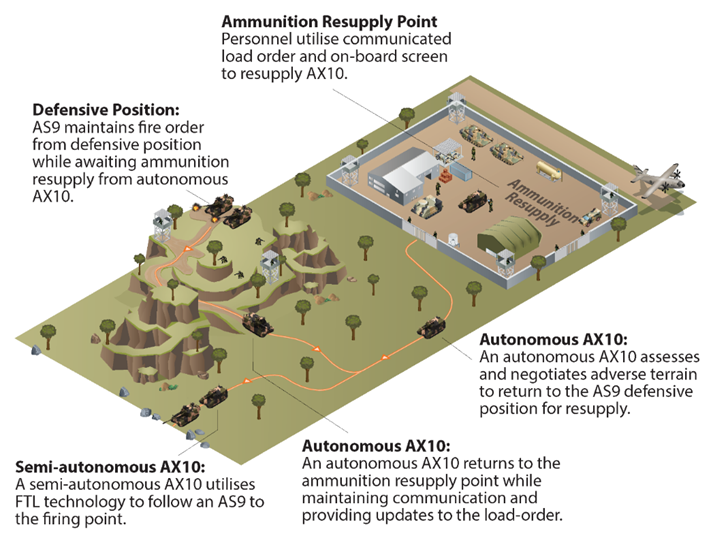
(14/n) So there you have it, the broad strokes of current and near future K9 offerings. Quite a neat bit of kit, and being explored actively for 🇰🇷 and 🇬🇧 requirements (at least as K9A2). Whether 🇬🇧 can stretch to the fancy bits remains to be seen but one to watch certainly. /end 

• • •
Missing some Tweet in this thread? You can try to
force a refresh


